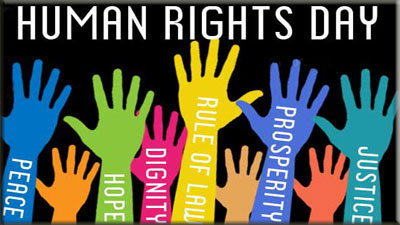Your guide to working from home
Devan Moonsamy
South Africans are panicking as the number of people who are affected by the coronavirus escalates. Over the past few day’s stores have seen an influx of shopper’s panic buying. But with the frenzy taking over the country, employers have been faced with a tougher decision on how to handle the workplace as the number of infected South Africans grows day by day.
Schools were closed earlier leaving parents concerned about day care facilities for their kids. In light of this many companies asked employees not to bring their kids to work in this time to keep up with the governments request of limiting exposure.
If you are a business, currently concerned about the consequences the coronavirus will have on your business then you should have a plan of action in place.
We understand that the new regulations in light of the outbreak specifies a limit or gathering of no more than 100 people. However, we have more than 100 employed in our organisation.
So, what should I do to limit the contact between staff?
The first step would be to allow for employees to work from home. Companies that do not micromanage already feel comfortable with the idea. For those few who still feel differently about employees working from home we should educate ourselves about the benefits it has to the organisation.
This option will allow parents to work from home and take care of their kids. This means they will not need to take time off. This also ensures they will meet deadlines and address queries without having to be in contact with people in the office.
For those who have been given the green light to work from home and this being the first time, below are a few tips on how to ensure you are productive.
- Start with a routine. If on a daily basis your routine is wake up, exercise and then shower and do breakfast, stick to that. Maybe if exercise was at the gym we could opt for home exercise. Keeping to a routine will ensure you are productive through the day.
- Set rules. When working from home it is important to inform your loved ones that this is your space and when you are in it you should not be disturbed. This will allow you to meet your deadlines without being interrupted.
- Take breaks as you would at work. If your one-hour lunch is from 12pm till 1pm stick to that. Use that time to eat and focus on you. It doesn’t mean now that you are working from that you need to start spring cleaning.
- As much as being home means you can whip up a meal whenever you can it is important to remember that you are still working. This being said allow yourself time to meal prep the day before. This way you won’t spend the day eating excessively.
- Avoid working in your pjs. When you change out of your pjs you tend to feel a lot more motivated to finish a task. If you are working in your pjs chances are you will feel lazy and want to take many more breaks.
- Working from home can also feel a bit lonely. To avoid the loneliness contact work colleagues regularly. Use WhatsApp or skype but ensure you check up on them to ensure you don’t get FOMO.
In closing working from home is a blessing especially with kids. If you are given this opportunity ensure that you do not abuse it. Your company trusts you. The responsibility is on you to ensure you produce results. After all you will be accountable for your duties.
Devan Moonsamy is the CEO of ICHAF Training Institute. ICHAF offers SETA-approved training in business skills, computer use, and soft skills. Devan specialises in conflict and diversity management, and regularly conducts seminars on these issues for corporates. To book a seminar with Devan or for other training courses, please use the contact details below.
Tel: 011 262 2461 | Email: devan@ichaftraining.co.za | Website: ichaftraining.co.za | devan-moonsamy.com






